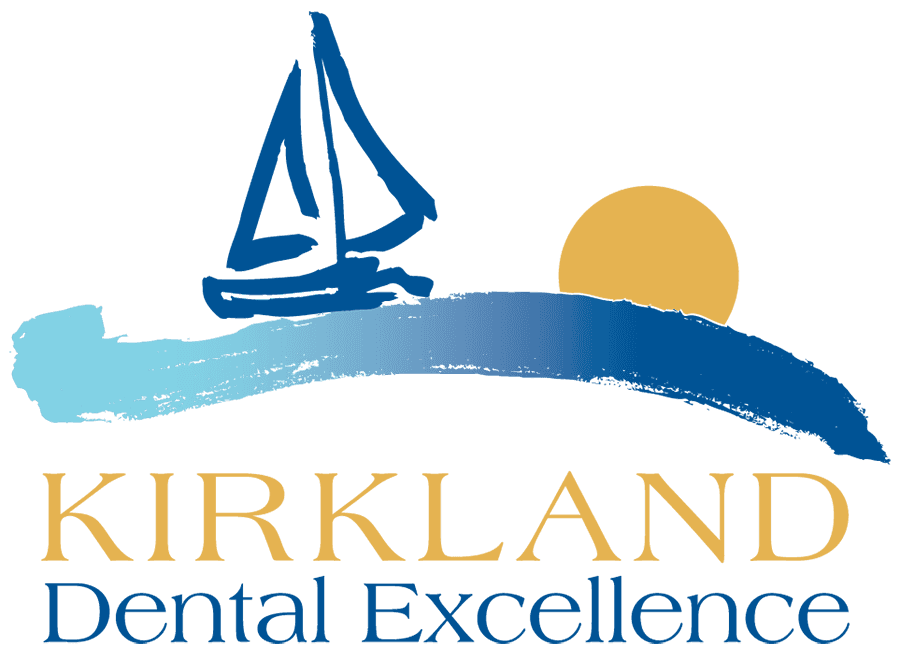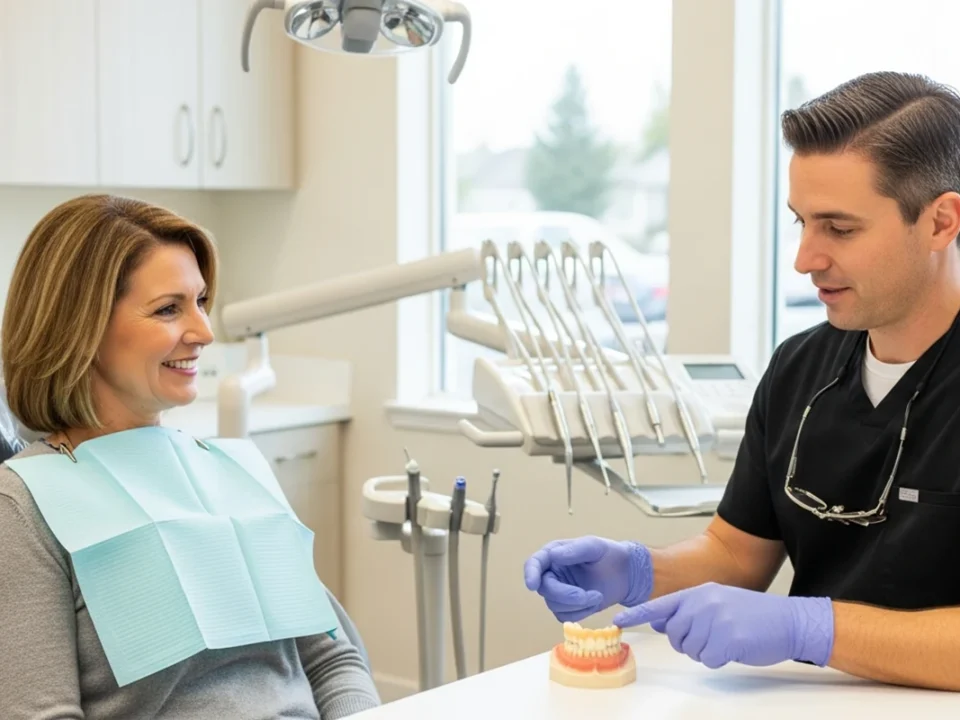What Drug Is Used For IV Sedation In Dentistry?

Is Teeth Whitening Safe for Kids?
May 29, 2025
How to Keep Your Gums Healthy in Old Age?
June 5, 2025Many people feel nervous before going to the dentist. Some feel scared, while others try to avoid the dentist completely. This fear keeps them from getting the care they need. That is why many dental clinics offer sedation. In this guide, we tell you all about different types of IV sedation drugs. Keep reading to learn more.
Table of Contents
ToggleTypes Of IV Sedation Drugs
Every person reacts to sedation in a different way. Some people need strong medicine, and others only need mild ones. We choose the type of sedation based on what works best for you. If you do not want a needle, oral sedation drugs are a good option.
These are pills that help you feel calm before your treatment. Our goal is to give you the safest and best care. Here are the different types that IV sedation dentistry Seattle offers:
- Benzodiazepines
- Propofol
- Opioids
- Ketamine
Click Here to Learn about Porcelain Veneers Kirkland, WA
4 IV Sedation Drugs Used In Dentistry
Knowing the different types of oral sedation drugs helps you understand what to expect during your Seattle dental care visit. Each drug works in its own way to help you feel calm and reduce anxiety. Below, we explain the different types in more detail.
Benzodiazepines
Benzodiazepines are a common choice for people who feel nervous or scared about dental work. Dentists use this drug for short procedures like fillings or cleanings. It works best for people with mild to strong dental anxiety. This drug helps you feel calm, stay relaxed, and not remember much of the visit. It starts working fast and wears off in a short time.
Propofol
Propofol is a strong IV sedation drug used for patients who need deep relaxation during dental treatment. It works best for people having longer or more complex procedures, like wisdom tooth removal, root canals, or full mouth rehabilitation.
This drug starts working within seconds through an IV and puts you into a light sleep. You stay asleep during the treatment but wake up easily when it ends. Propofol leaves your body quickly, so you recover fast.
Opioids
Opioids are a type of IV sedation drug used to control pain and help patients feel calm during dental procedures. They work best for people having treatments that may cause more discomfort, such as tooth extractions, dental implants, or gum surgery.
Dentists often use opioids along with other IV sedation drugs to improve both pain relief and relaxation. These drugs act quickly and make it easier to stay comfortable throughout the procedure. Opioids are not oral sedation drugs, and they require careful monitoring to keep patients safe during treatment.
Ketamine
Ketamine is a strong IV sedation drug that helps with pain and keeps patients very calm. A cosmetic dentist may use it for children, people with special needs, or anyone who has trouble staying still. It works well for long or complex treatments, like oral surgery or full-mouth dental work. When other sedatives do not work well enough, ketamine provides a deeper level of relaxation.
Let’s Recap
IV sedation drugs give you real help if you feel nervous about going to the dentist. These drugs help you stay calm and comfortable during your visit. If going to the dentist makes you feel anxious, ask about oral sedation drugs and IV sedation drugs. A top-rated dental expert can help you choose the best option for your needs. You do not have to avoid care or feel scared anymore.
FAQs
What happens before sedation dentistry?
The dentist checks your health and explains if oral sedation drugs or IV sedation drugs are right for you.
What happens during sedation dentistry?
You receive the drug, stay awake, feel relaxed, and the team watches you closely the entire time.
What happens after sedation dentistry?
You may feel sleepy, need a ride home, and should rest as the oral sedation drugs wear off.
What are the risks or complications of sedation dentistry?
Mild side effects can happen, but oral sedation drugs and IV sedation drugs are safe when used by trained dentists.
Can I have sedation dentistry if I am pregnant?
Sedation is usually avoided during pregnancy because oral sedation drugs and IV sedation drugs may affect the baby.




